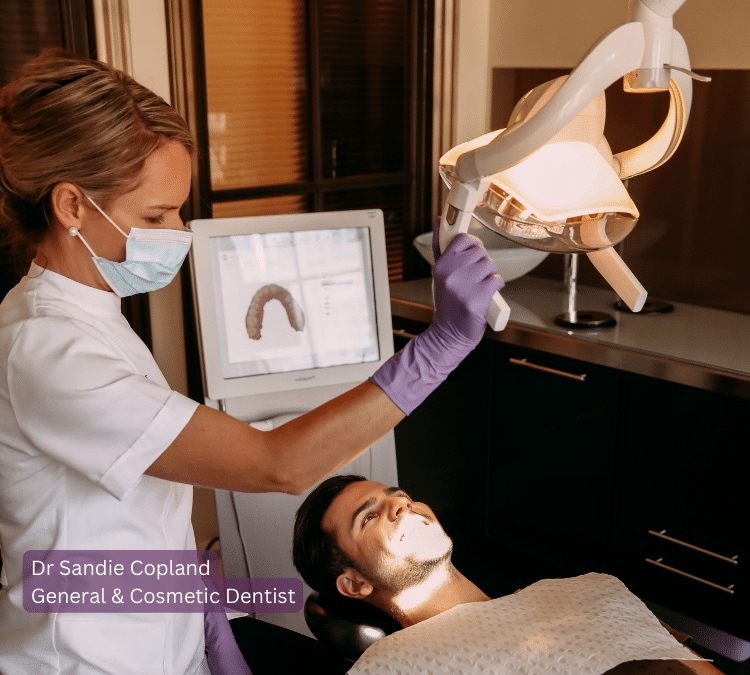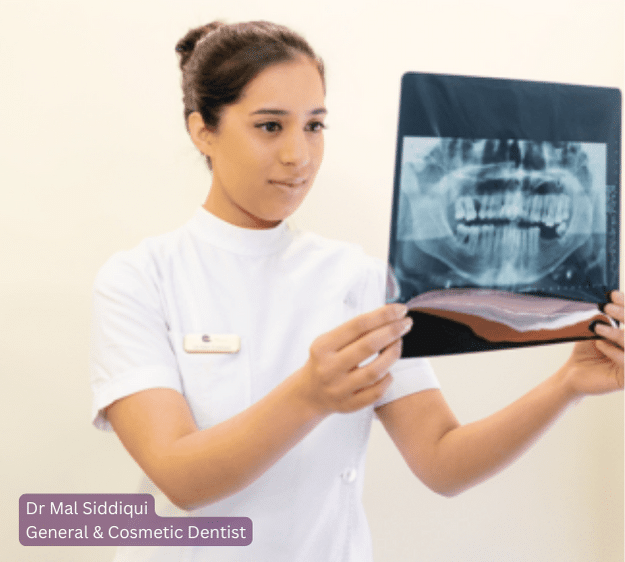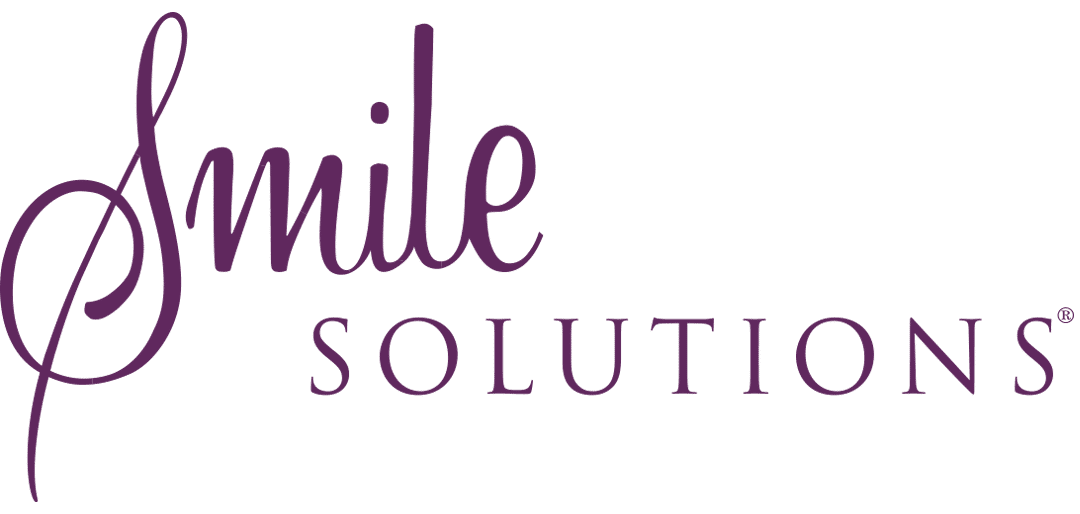Bruxism, or grinding and clenching of the teeth, is a common condition that often goes undiagnosed.
Unmanaged bruxism will lead to long-term irreversible wear and damage and the need for complex restorative treatment.
In some cases bruxism is self-diagnosed but in many cases it is diagnosed by others (such as a partner who hears the grinding during the night) or by a dental professional who notices evidence such as worn-down teeth or fractures of the teeth or dental restorations.
Stressful life events, altered mood, sleep disorders (such as restless leg syndrome and sleep apnoea), smoking, alcohol, caffeine, and some prescription or recreational drugs are risk factors contributing to bruxism. However, many individuals suffer from bruxism without a clear cause.

What are the signs and symptoms?

TMD is characterised by the following signs and symptoms:
- abnormal tooth/enamel wear
- fractured teeth or dental restorations such as fillings and crowns
- joint pain or tenderness
- jaw muscle discomfort, facial pain and/or earache
- headaches or migraines
- gum recession
- tight or stiff shoulders
- poor quality sleep.
What are the causes of TMD?

Temporomandibular Joint (TMJ)

TMJ refers to the temporomandibular joint, which is a hinge that connects your jaw to your skull bones in front of each ear. It lets you move your jaw up and down and from side to side, so you can talk, chew and yawn. It is one of the most complicated joints in the whole human body.
Pain and problems associated with the TMJ is characterised by severe clicking, pain from chewing hard foods, pain during dental treatment, locking and reduced ability to open your jaw.

Muscle Dysfunction

Muscle dysfunction can result in TMD and is a result of clenching habits throughout the day and while asleep. Symptoms are characterised by:
- pain or muscle tenderness around the jaw muscles, which can develop into persistent pain
- headaches or migraines which can appear upon waking up and develop throughout the day
- weak jaw muscles causing you to avoid certain foods due to difficulty chewing

Bite/Occlusion

TMD can be caused by occlusal or bite dysfunction. This is the result of worn or fractured teeth due to misalignment, or tooth-on-tooth contact, which can be habitual, genetic or pathological. If left untreated, it can wear away the enamel which can lead to tooth sensitivity and decay.

Trauma

TMD can be caused from previous trauma of the TMJ such as motor car accidents or sports injuries.
A blow to the head can cause damage to the jaw joints along with the skull. Whiplash, or anything that impacts how you carry your head on the top of your neck, can cause jaw problems.
How is TMD managed?
Occlusal splints
An occlusal splint, or night guard; a removable dental appliance made from acrylic specifically moulded to fit the upper or lower arches of your teeth. In most cases it is worn when you are sleeping. The main objective of an occlusal splint is to create a barrier between the biting and grinding surfaces of the teeth, protecting against further wear and damage.
Occlusal splints come in various designs, including soft or hard, full coverage or partial coverage and those for either the lower jaw or the upper jaw. Taking your preferences into account, your treating practitioner will advise which material and design will provide the greatest relief based on your individual case.
Muscle Relaxants
Muscle relaxant injections also form part of recognised treatment for TMD by treating the overactive muscles around the jaw. Muscle relaxants, in combination with other treatments, can provide significant pain relief and improvement in jaw function.
Specialist Care
Depending on your particular case and the suspected cause, your dentist may also refer you to Physiotherapy, pharmacotherapy, psychotherapy or even an oral medical specialist or oral and maxillofacial surgeon for TMD.
Lifestyle Habits
To help manage the cause of bruxism, your dentist may prescribe jaw rest; hot compresses (or cold compresses if heat aggravates the problem); attention to habits and an attempt to break them; specific exercises; or correction of compromised head or neck positions (especially when using computers and mobile devices).
